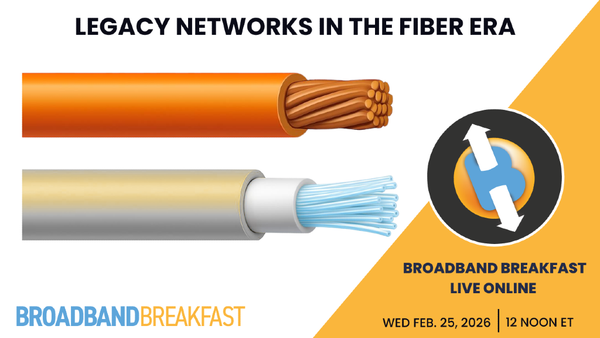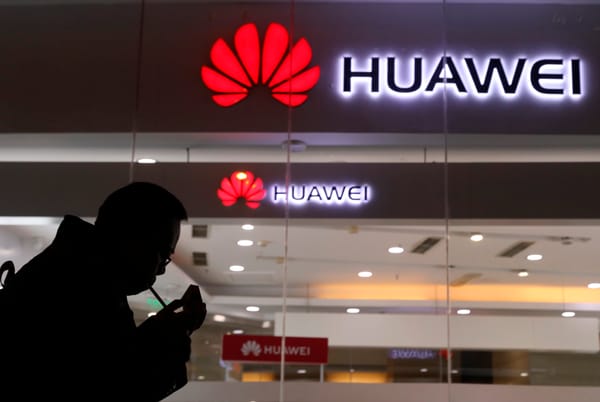Shared Broadband Infrastructure to Get Increasingly Common: Experts
The model is well-suited to address the problem of indoor connectivity, experts said.
Jake Neenan

WASHINGTON, December 7, 2023 – Shared infrastructure is poised to become more common in broadband networks, experts said on Tuesday.
“The economics of neutral hosts are, I think, almost inevitable,” said Jonathan Adelstein, managing director at DigitalBridge Investment Management, which invests in shared telecommunications infrastructure.
“Towers are the primo example, but it moves down the line,” he said at the Broadband Breakfast Digital Infrastructure Investment Summit. “Particularly middle mile fiber is already neutral host, essentially.”
“Neutral hosts” own telecom towers and allow multiple wireless carriers to attach their equipment to them. Middle mile fiber cable, which connects local networks to internet exchange points, is typically used in a similar way, with multiple providers using the same strand to transfer data.
Another prime use case for shared infrastructure is indoor wireless connectivity, said Greg McLaughlin, CEO of AEX Automation Exchange, a company that provides software for fiber network operators.
“It just doesn’t make sense economically to build multiple networks in there when one network is more efficient and better utilizes spectrum,” he said.
David Bronston, special counsel at Phillips Lytle LLP, where he works with telecommunications providers on permitting, pointed to the New York subway system.
“You can’t get a more shared infrastructure than transit wireless in the New York City subways, which has all the carriers on it and a WiFi system,” he said. “When you come back from work everyone is on their phone. Shared infrastructure works.”
Shared last mile fiber networks, which provide connections to individual homes and businesses, are also set to become more common. AT&T closed a deal in May with investment giant BlackRock to build a 1.5-million-location open access network, meaning other internet providers could use the infrastructure to provide service to customers.
Gigapower, the firm set up to manage the network, has been in talks with state broadband offices to scoop up funding from the Joe Biden administration’s $42.5 billion broadband expansion effort. States will start awarding grants under that program sometime in 2024.
The session was moderated by Drew Clark, editor and publisher of Broadband Breakfast.












Member discussion